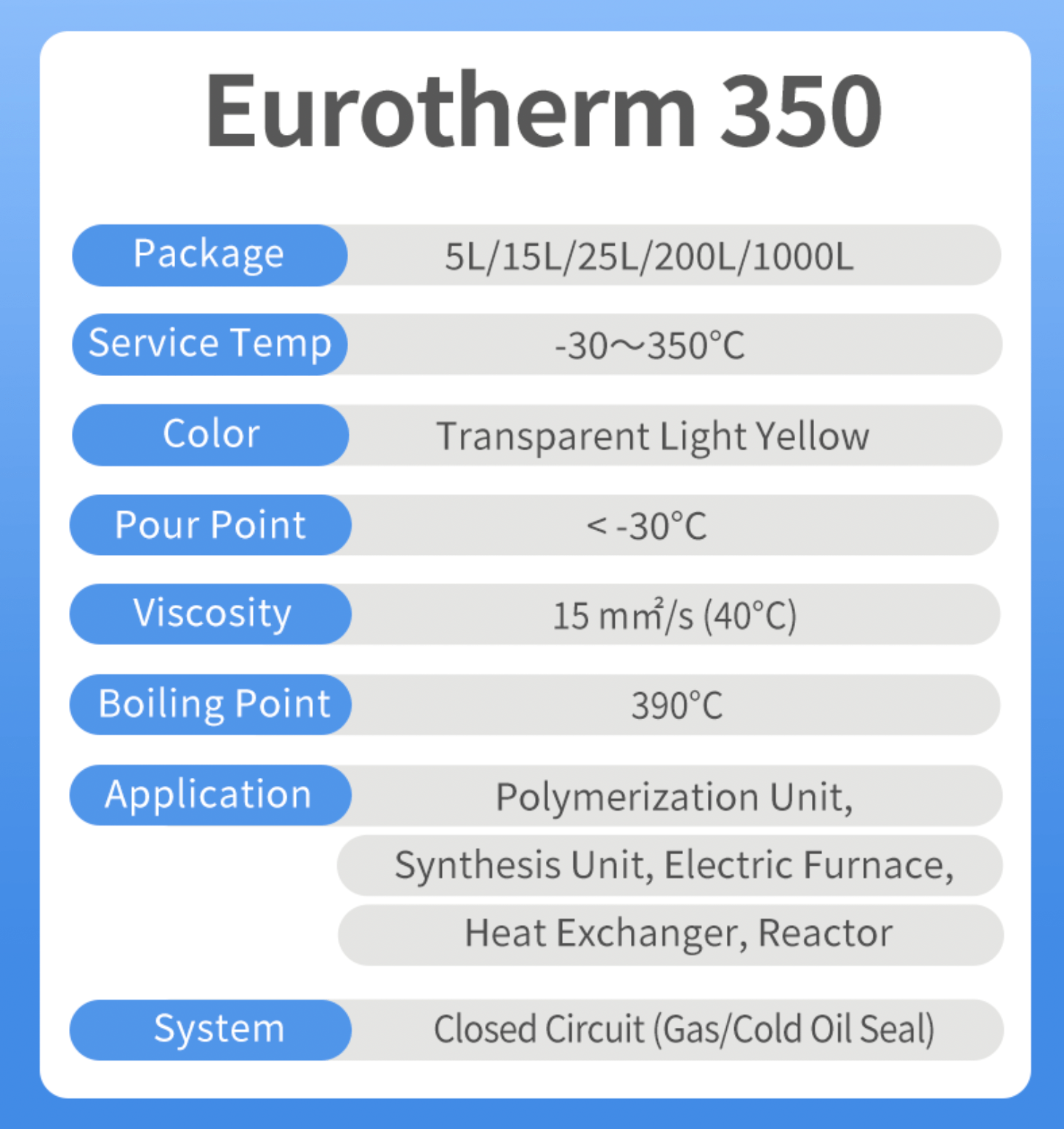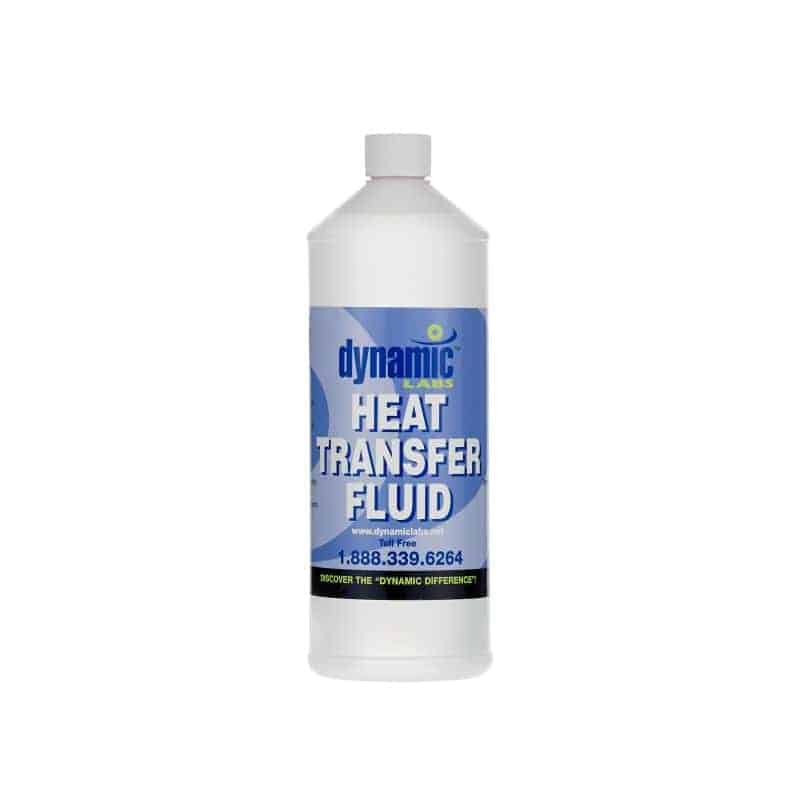Why Picking the Right Heat Transfer Fluid Is Essential for Optimal System Efficiency
Picking an ideal warm transfer fluid is a pivotal choice that can dramatically affect system effectiveness and operational prices. The appropriate liquid not only boosts thermal efficiency however also ensures long life and dependability of equipment, lowering the danger of costly downtimes. Trick properties such as thermal conductivity, thickness, and thermal stability must be very carefully assessed to optimize power consumption and stay clear of prospective failures. As the effects of this option expand much beyond prompt performance, recognizing the nuances of liquid choice ends up being important for any person seeking to achieve optimum system efficiency. What variables should be prioritized in this essential decision-making process?
Significance of Heat Transfer Fluids
What duty do warmth transfer liquids play in commercial procedures? Warmth transfer liquids are important for the effective transfer of thermal energy within various industrial systems.
The choice of heat transfer fluid can considerably affect energy safety, performance, and tools longevity. Liquids need to be qualified of standing up to heats and pressures without deteriorating, as well as display very little volatility and low toxicity. Their efficiency directly affects not just the efficiency of the system however also its functional expenses.
Furthermore, warmth transfer liquids play a vital role in keeping procedure control, guaranteeing that temperature level changes are reduced. This is specifically crucial in sensitive applications such as petrochemicals and pharmaceuticals, where specific temperature management is critical. In general, the importance of choosing the right warmth transfer fluid can not be overemphasized, as it is essential to maximizing industrial procedures and enhancing general system performance.
Secret Characteristic to Take Into Consideration
When choosing a warmth transfer fluid, which crucial residential properties should be prioritized to guarantee optimum performance? Most importantly, thermal conductivity is critical; a fluid with high thermal conductivity will successfully transfer warm, decreasing energy loss. In addition, the specific warm ability of the liquid is vital, as it figures out just how much energy the fluid can launch and store, affecting total system responsiveness.
Thickness is another considerable property to consider, as it influences the fluid's flow attributes; reduced thickness liquids are usually preferred for simpler flow and minimized pumping power. The liquid's temperature level range is equally important; it should do properly within the functional temperature levels of the system without vaporizing or degrading.
Chemical stability is important to avoid deterioration in time, which can cause system inadequacies and possible failings - silicone oil. Additionally, compatibility with system materials ought to not be neglected to avoid corrosion or damages to parts. Think about the ecological effect and safety and security account of the liquid, as guidelines and sustainability objectives increasingly affect fluid option. By focusing on these key residential or commercial properties, one can select a warm transfer fluid that boosts system resilience and integrity.

Influence On System Performance
The choice of heat transfer fluid directly influences system efficiency, affecting both energy usage and operational performance. A fluid's thermal conductivity, viscosity, and warm capability play essential functions in exactly how properly it moves warmth within a system. Optimum liquid buildings make certain that warmth is soaked up and dispersed successfully, decreasing power losses and boosting the general performance of the system.

In addition, the compatibility of the fluid with system materials can substantially affect performance. A fluid that triggers deterioration or destruction can lead to leaks and system failures, additionally lessening efficiency. In summary, the best warm transfer liquid not just maximizes energy effectiveness and minimizes expenses yet additionally boosts the integrity and long life of the system, making it a vital consideration for engineers and decision-makers in thermal management applications.
Common Types of Heat Transfer Fluids
A variety of warmth transfer liquids are generally used in thermal monitoring systems, each with distinctive properties matched to details applications. Water is just one of one of the most commonly utilized warm transfer fluids due to its high details warmth ability, affordable, and availability. However, its cold factor limits its use in low-temperature applications.
Thermal oils, often stemmed from oil, are one more prominent choice, specifically in high-temperature systems. These liquids can operate at elevated temperature levels without evaporating, making them optimal for industrial applications. Nonetheless, they might have limitations worrying thermal security.
Refrigerants, made use of mainly in cooling visit this page systems, have one-of-a-kind thermodynamic buildings that permit effective warmth transfer at low temperature levels. Their choice is crucial to ensure performance and compliance with ecological guidelines.

Furthermore, stage modification products (PCMs) are obtaining grip for their capacity to soak up and launch substantial quantities of warmth throughout stage changes, supplying an unique solution for thermal energy storage. Each liquid's details characteristics must be evaluated for optimal efficiency.
Ideal Practices for Option
Picking the proper heat transfer fluid includes careful consideration of several vital variables that straighten with the certain demands of the application. Examine the operational temperature array. The liquid should maintain its residential or commercial properties and efficiency throughout the designated temperature range. Second, take into consideration the fluid's thermal conductivity, which affects warmth transfer rates; higher thermal conductivity usually causes enhanced performance.
Furthermore, review the fluid's thickness, as it influences pumping power and overall system performance. Lower thickness fluids normally decrease power consumption throughout blood circulation. Compatibility with system materials is an additional vital facet; guarantee that the liquid does not cause rust or destruction of components and pipes.
Following, consider the fluid's security and longevity, especially in high-temperature applications. A secure liquid reduces upkeep and substitute costs. Ecological and safety and security regulations ought to assist your option procedure, emphasizing non-toxic and environmentally friendly alternatives when feasible.
Conclusion
In conclusion, picking the ideal warm transfer fluid is important for achieving optimum system effectiveness. The best fluid boosts thermal conductivity, minimizes energy losses, and promotes tools durability, ultimately leading to better system integrity and performance.
Heat transfer liquids are vital for the effective transfer of thermal power within different industrial systems. Additionally, the specific heat ability of the fluid is essential, as it figures out exactly how much power the liquid can launch and store, influencing general system responsiveness.
Consider the ecological effect and safety account of the fluid, as policies and sustainability objectives significantly affect liquid choice - propylene glycol. A liquid's thermal conductivity, viscosity, and heat ability play pivotal functions in how properly it transfers warmth within a system. Water is one of the most widely made use of heat transfer fluids due to its high details heat ability, low expense, and schedule